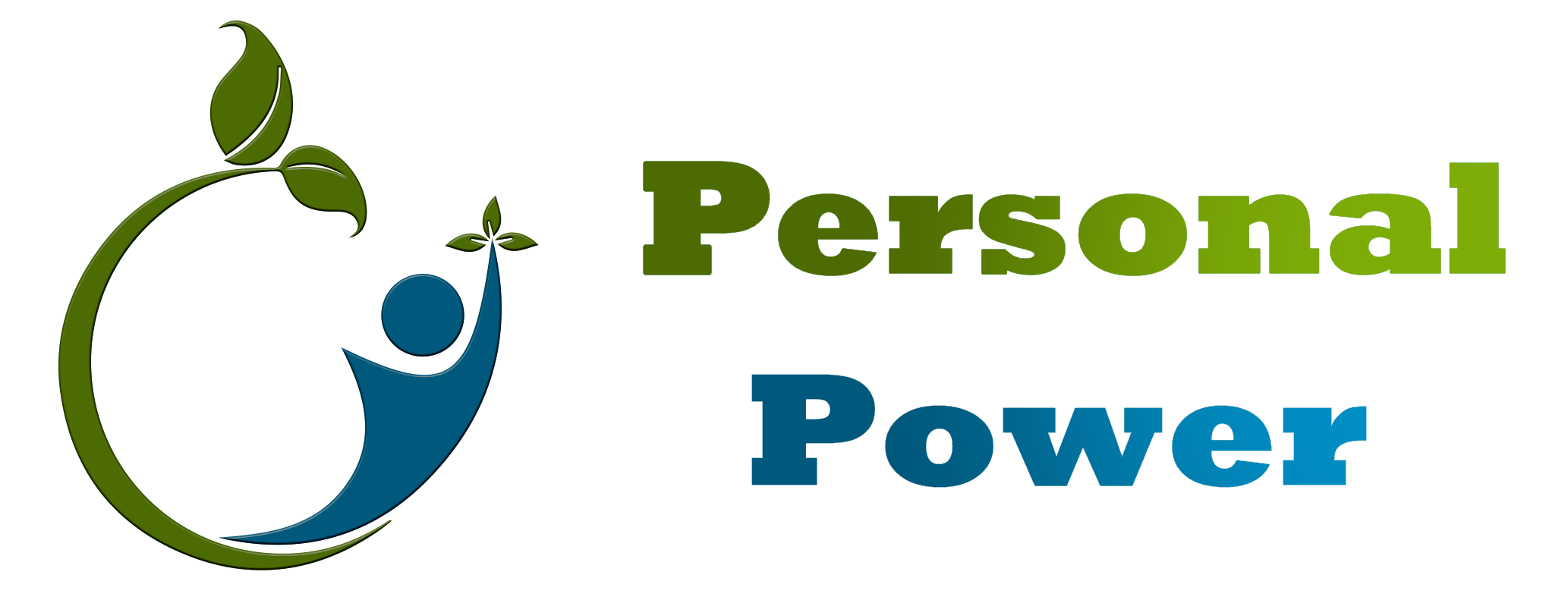I can’t tell you how many of my clients (eventually) mention that they grind their teeth in their sleep. They go to the dentist. They get piece of plastic to put in their mouth to keep from destroying their teeth. They learn to sleep and breathe around the weird device.
They take all the steps to address the symptom. But they don’t address the actual cause.
Stress at home. Stress at work. Financial stress. More stress.
Most people don’t notice or don’t get the connection between stress and the physical signs/symptoms of stress. Stress and tension that you carry through your day can be so intense that signs of stress may even show up during sleep hours:
- Swirling thoughts that keep you tossing and turning.
- Interrupted sleep throughout the night.
- Grinding your teeth.
Some Immediate Dangers
Teeth grinding can cause damage not only your teeth, but can also exert unnatural stress on your jaws and musculature. This can result in waking up to pain that radiates from your jaw, particularly where it connects to your skull. This can throw off the alignment of your teeth in addition to wearing down the structure of the teeth.
Things You Can Try
To treat the symptom, the first thing many people do is find out how they can keep these teeth away from each other when they sleep. This can be done using different types of mouthguards until you can find some more long-term solutions to the problem. You can also try limiting the amount of caffeine and other stimulants that you intake in a day. Stimulants are known for causing a buildup of stress when they are used too often or taken right before bed, but it’s also possible that these manifestations could be signs of other issues that your body has been experiencing.
Deeper Causes
If you haven’t been able to reduce the amount of teeth grinding that you find yourself doing during your journey, then it’s entirely possible that you might have to have some kind of sleep study done. This is important because it’s entirely possible that the teeth grinding is a sign of a more serious disorder like sleep apnea, which could easily develop into something life threatening. Sleep Apnea occurs when your breathing becomes obstructed, so this can lead to interrupted sleep, daytime drowsiness, and in some cases, even death, so you should try to find out the source of this discomfort with an urgent effort.
The good news about teeth grinding is that it is relatively easy to treat. You can visit your dentist to get a mouth guard, which will be placed over your top and bottom teeth, providing a barrier between the top and bottom rows of teeth. That way, even if you try to clench or grind your teeth, they won’t make contact, therefore protecting the enamel. Over time, you will start reducing the habit thanks to the mouth guard, so you might not have to wear it for the rest of your life.
But what if you want to get rid of the habit of teeth grinding and throw away the unnatural appliances? You’ve been to all the doctors, and there is no physical reason for you to grind your teeth. You’ve lived many years without this habit, and want to get back to a more relaxed state of sleep.
- Step 1 – Look at your life. What stressors do you live with – and ignore- on a daily basis?
- Step 2 – Make a change based on what you uncovered in Step 1
It’s probably that simple. Your body has been screaming at you, trying to get your attention. You haven’t made the connection until now, and you’ve been ignoring all the ‘danger’ signals your body has been sending.
If you need help translating what your body is trying to tell you, get on my calendar. We’ll explore what your body is saying, that you haven’t been hearing.
Things can change. It’s your choice. When will you choose YOU?
